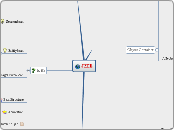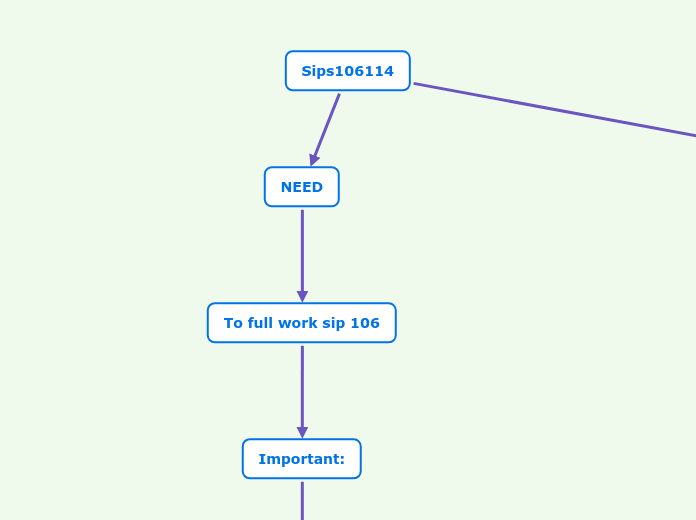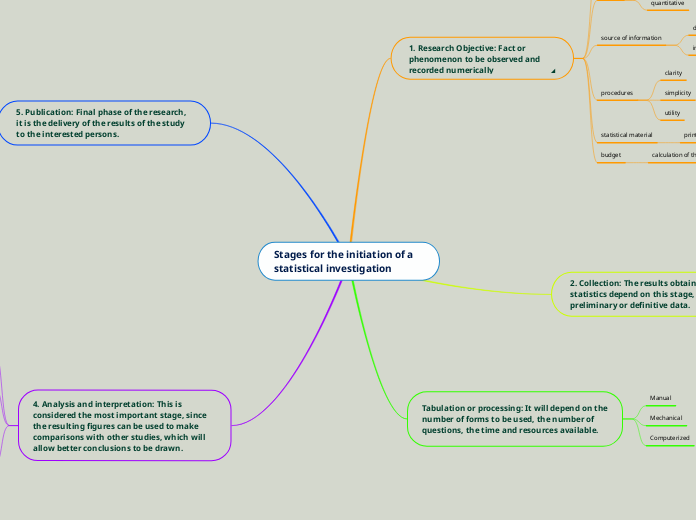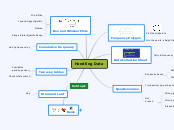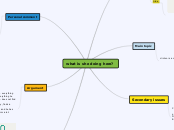J2EE
Memory Leakage
JProbe
Pay attention to those lead area
Event Listener class
Member variable not set to Null
Static Class
EJB3
JNDI
Naming Context: All name in java:comp/env
Resource Manager Type
Connection Factory Type
JNDI Subcontext
JDBC
javax.sql.DataSource
java:comp/env/jdbc
JMS
javax.jms.TopicConnectionFactory
javax.jms.QueueConnectionFactory
java:comp/env/jms
JavaMail
javax.mail.Session
java:comp/env/mail
URL
java.net.URL
java:comp/env/url
Connector
javax.resource.cci.ConnectionFactory
java:comp/env/eis
JAXR Resource Adapter
javax.xml.registry.ConnectionFactory
java:comp/env/eis/JAXR
Archieve to .jar
-com
-classes
-META-INF
-MANIFEST.MF
Eclipse
Ant
<?xml version="1.0"?>
<project name="jartest" default="jar basedir=".">
<property name="build.dir" value="${basedir}/build" />
<property name="build.classes.dir" value="${basedir}/classes" />
<target name="jar" description="Archieve to jar">
<jar jarfile="${basedir}/ejbfile.jar">
Annotation
BeanStructure
Package
META-INF
ejb-jar.xml (Deployment Descriptor)
Can use annotation instead!
MessageDrivenBean
EJB Managed - MessageListener
Handle JMS
EntityBean
JDBC+JavaBean
OR Mapping
SessionBean
Interceptor(@AroundInvoke)
InvocationContext
Local
Remote
Stateful
Stateless
Life-Cycle
newInstance()
JBoss
Object Container
Collection
Set
TreeSet
HashSet
No Duplicate
List
LinkedList
removeLast()
removeFirst()
getLast()
getFirst()
addLast()
addFirst()
More transaction..
ArrayList
list.size()
list.add()
list.get()
Iterator iterator = list.iterator();
while(iterator.hasNext())
List list = new ArrayList();
Ordering
Map
TreeMap
HashMap
Map map = new HashMap();
